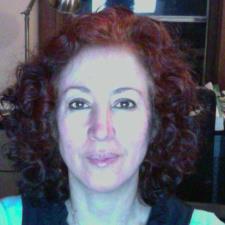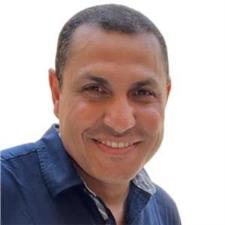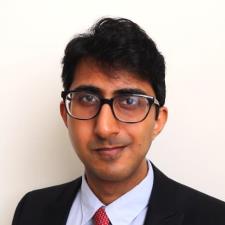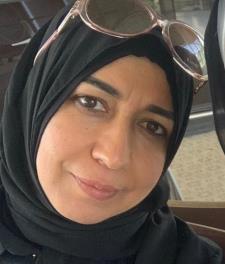Nezha A. answered • 11/09/21
Native Speaker, Certified Teacher with 20+ Years Experience
Marhaba,
MISTAKES SOME ARABIC LEARNERS MAKE WHEN USING PREPOSITIONS
Translating prepositions such as “with, on, …” from English into Arabic is sometimes a challenge for Arabic learners.
I experienced the same issue when I first started learning English (at the age of ten years old). Fill in, fill out, and fill up were very confusing to me, especially because in both of the languages I grew up speaking (Arabic and French), this verb does not take a preposition.
As an Arabic teacher, I often notice the same issue for Arabic learners. Some students get confused regarding the use of “بِ” and “مَعَ”. This is due to the fact that the preposition “with” in English conveys several meanings or is used in several situations, but in Arabic, we actually use different words depending on those situations.
Example:
I wrote with the pen.
Many students say:
كَتَبْتُ مَعَ الْقَلَمِ
Which is incorrect
Instead of ”مَعَ”, we have to use “بِ”.
كَتَبْتُ بِالْقَلَمِ
We use “بِ” when “with” is followed by something USED to perform an action.
In this case, I used the pen to write.
Other examples:
I cut the bread with the knife
قَطَعْتُ الْخُبْزَ بِالسِّكِّينِ
I cut: قَطَعْتُ
the bread: الْخُبْزَ
with the knife: بِالسِّكِّينِ
The meaning is: I used the knife to cut the bread
My mother hugged me with her arms
وَالِدَتِي عَانَقَتْنِي بِذِرَاعَيْهَا
My mother used her arms to hug me
As you can see, the rules for when to use “بِ” to translate “with” are very simple. Anytime the word "with" indicates using something to do something, then use “بِ”.
However, the rules regarding the use of “مَع” and other words conveying the meaning of “with” are much more complicated. So, to avoid confusion, I will be creating separate articles covering the Arabic words to be used when you want to translate “with” depending on the situation (make sure to look out for those articles upcoming announcements).
I hope you benefited from this post.
If you have any questions in Arabic whether Modern Standard Arabic or a spoken dialect, let me know and I will help you.
I am a full time linguist, teacher, translator and interpreter with 20+ years of experience
I master Modern Standard Arabic and all Arabic dialects
Salam,
Nezha





